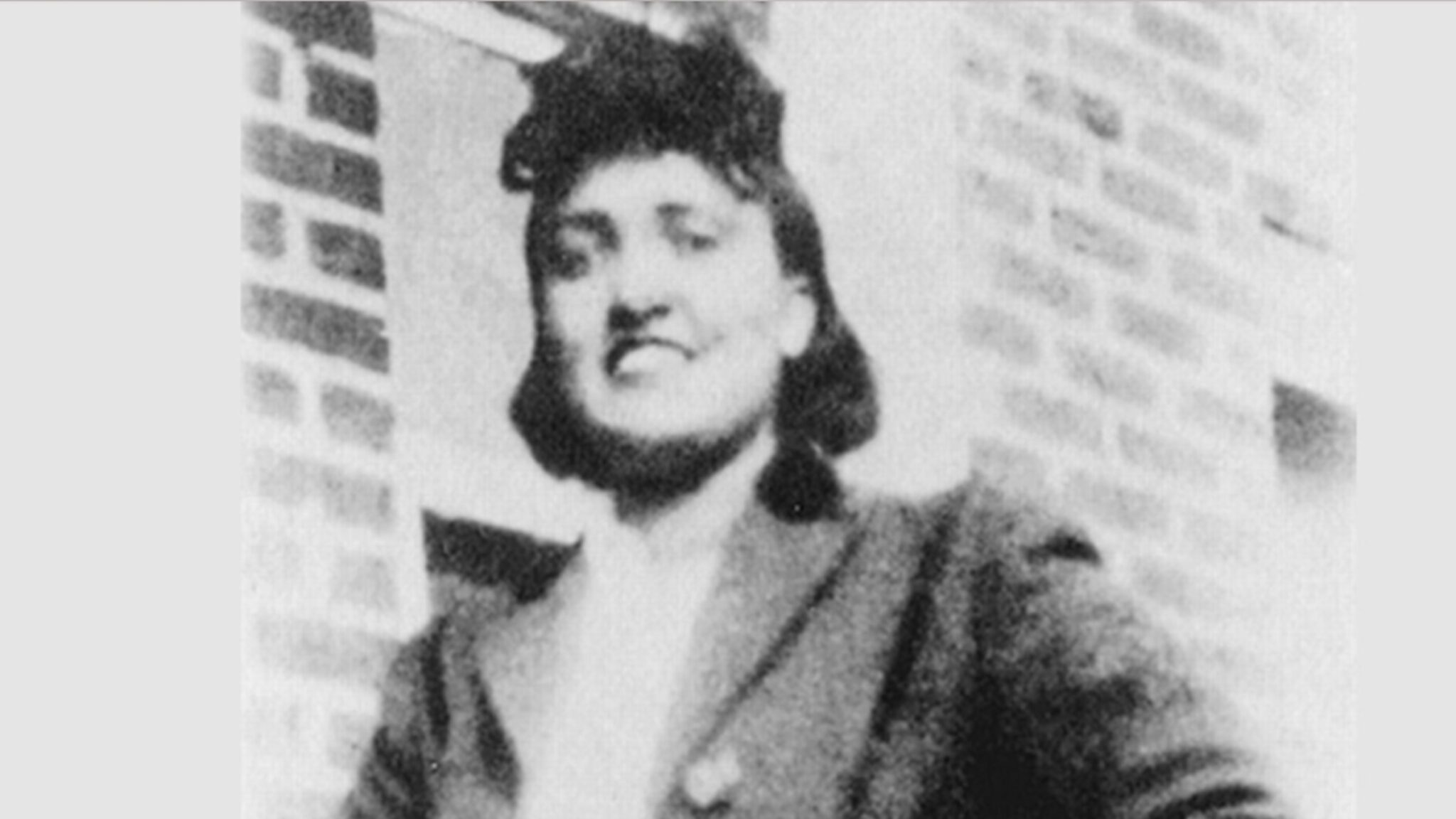
Federal judge weighs motion to dismiss HeLa lawsuit against Thermo Fisher
The story of Henrietta Lacks’ immortal cell line and her family’s fight for justice caught the attention of national media outlets and Hollywood years ago. Now, the case faces an uncertain fate as a Baltimore federal judge considers tossing the case.
After a hearing on Tuesday, Judge Deborah Boardman is weighing Thermo Fisher’s motion to dismiss the claims against it on the grounds that the statute of limitations has passed, and the continuing harm doctrine does not apply. Boardman is grappling with the “extraordinarily unique facts” of the case, according to Maryland Matters, which first reported the news.
Unlock this article instantly by becoming a free subscriber.
You’ll get access to free articles each month, plus you can customize what newsletters get delivered to your inbox each week, including breaking news.